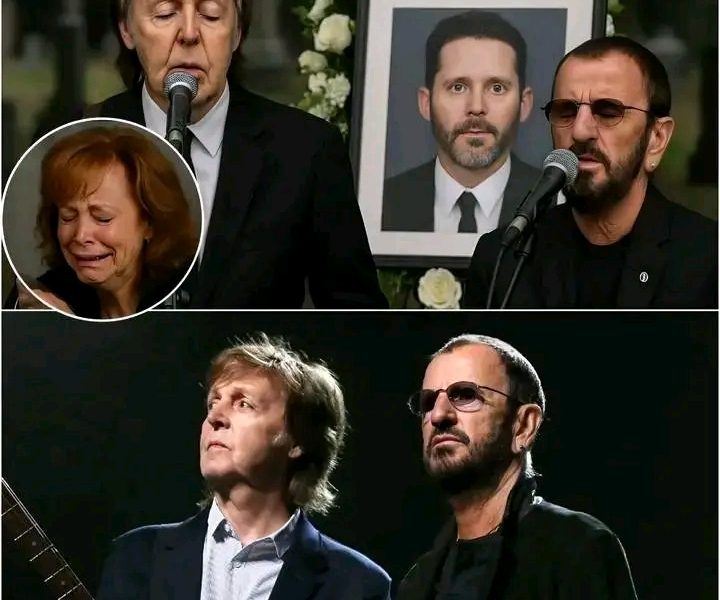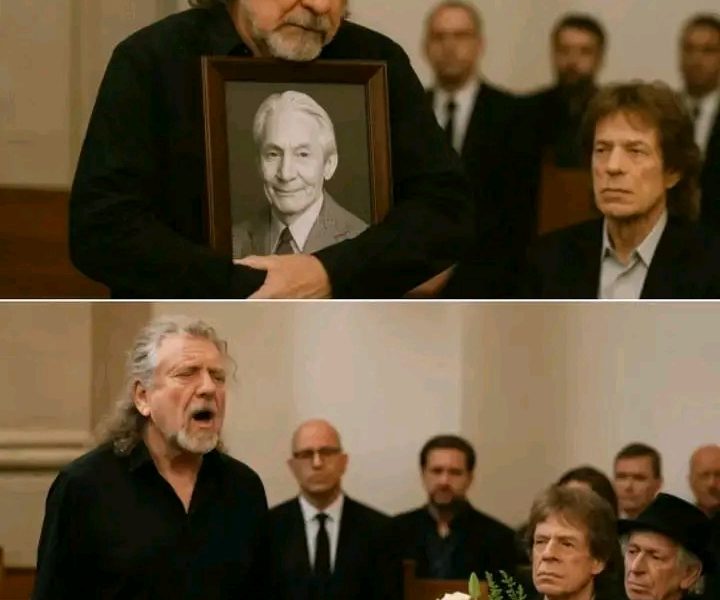**Title: “The Price of a Gesture”**
The FedExForum was electric that April night. Ja Morant had just hit the game-winning floater with 3.8 seconds on the clock, sealing a nail-biting 110–108 win over the Miami Heat. The Memphis crowd roared in unison, a thunderclap of support and admiration. Ja, ever the showman, turned toward the cameras, pounding his chest. Then came the moment.
He raised both hands, mimicking finger guns, firing once in the air, once toward the Heat bench.
It lasted less than two seconds.
By the time he’d made it back to the Grizzlies’ bench, the damage had already been done.
—
**Chapter One: Heat Check**
“Did you see that?” assistant coach Ron Walters said under his breath. The Grizzlies coaching staff watched replays with tight jaws. They knew what was coming.
Morant had been under a microscope all season. After the 2023 suspensions and the intensive media coverage that followed, every move he made—on and off the court—was a headline waiting to happen.
In the locker room, Ja was all swagger.
“Y’all saw it!” he shouted, as teammates celebrated around him. “Cold-blooded. That’s how you *close* a game!”
But the coaches weren’t celebrating.
Head coach David Trenton pulled Ja aside, waiting until the cameras had been ushered out and the music turned down.
“Ja,” he said quietly, “we need to talk about that celebration.”
“What, the chest pound?”
“No. The finger guns.”
Ja exhaled, dropping his eyes.
“Coach… I didn’t mean nothing by it.”
“I know. But the league doesn’t care about intent. You know how this goes. Just… be ready.”
—
**Chapter Two: The Notification**
The next morning, the league office sent its decision.
**Subject: Disciplinary Action – Ja Morant**
**Details: Fine – \$75,000 for inappropriate gestures made during April 3 game vs. Miami Heat. Behavior deemed detrimental to the image of the league.**
Morant read it twice, leaning back in his chair. His phone was already vibrating with texts, calls, notifications. The internet was ablaze.
ESPN’s ticker read: *JA MORANT FINED FOR GESTURE — AGAIN.*
Skip Bayless was calling him a “repeat offender.” Shannon Sharpe shook his head in disappointment. Twitter memes exploded. Fans were split—some said it was harmless showmanship, others claimed he was setting a dangerous example.
But one comment hit him harder than the rest.
From @MemsBasketballMom:
*My 12-year-old son idolizes you, Ja. Please be better. Don’t lose him like you lost me.*
—
**Chapter Three: Reflection**
Ja drove the backroads of Shelby County that night, windows down, hoodie pulled tight. The city buzzed in the distance, but he needed quiet. Alone in the soft hum of dusk, his thoughts finally began to settle.
He thought about his dad, Tee, who used to stand courtside screaming until his voice broke. He thought about Nike, who stood by him when others hesitated. He thought about 12-year-old Malik from South Memphis, who’d once cried meeting him at a youth camp, saying, “You made me believe I could be more.”
That kid didn’t see finger guns. He saw a superhero.
But somewhere between the headlines, the highlight reels, and the image rehab, Ja had lost track of that.
Was he still that guy?
—
**Chapter Four: The Meeting**
Back in the Grizzlies practice facility, the team held a closed-door meeting.
Trenton stood at the center, not angry—just tired.
“This isn’t about right or wrong,” he said. “It’s about perception. It’s about what people choose to believe when they see you act. This isn’t just a game anymore. It’s your name, your future. You don’t get to be misunderstood twice.”
Ja didn’t argue. He just nodded, slowly.
Later, in the weight room, veteran forward Xavier Tillman approached him.
“You good?” he asked.
“Guess so.”
“You know, this isn’t the first time they’ve tried to box us in,” Xavier said. “They tell us to play with passion but only the kind that fits their frame. You just gotta decide—are you gonna let ’em write your story, or are you gonna write it yourself?”
—
**Chapter Five: The Campaign**
Morant’s team jumped into action.
Within days, his foundation launched the “More Than a Moment” initiative—partnering with Memphis schools to teach youth about self-expression, conflict resolution, and public image. It wasn’t a PR move. Not entirely. Ja showed up at every session, hoodie up, listening more than he spoke.
He even invited that Twitter mom, @MemsBasketballMom—real name Patrice Langley—to speak at the first event.
“I didn’t come here for your brand,” she told him bluntly. “I came for the kids. But I’m watching.”
Morant nodded. “Fair.”
—
**Chapter Six: The Comeback**
As the playoffs approached, the Grizzlies caught fire. Morant was on a tear, averaging 28 points, 9 assists, and 7 rebounds. The gesture scandal began to fade, replaced by headlines praising his focus and growth.
The NBA, too, seemed to soften. Commissioner Adam Silver gave a carefully worded quote to *The Athletic*: “Ja Morant is a unique talent. We want him to succeed—not just as a player, but as a leader.”
But the real test came during Game 1 of the Western Conference Semifinals. Another close game. Another final possession. Another miracle shot—this time, a step-back three that kissed the glass before dropping through the net.
The crowd erupted.
Morant stood still.
No celebration. No antics. Just a deep breath. Then he pointed—not to the bench, not to the cameras—but to the crowd.
To the city.
To the people who never stopped watching.
—
**Chapter Seven: The Interview**
Postgame, TNT’s Ernie Johnson sat down with him on national television.
“That shot was incredible,” Ernie began. “But I have to ask—was there a reason you kept your celebration low-key?”
Ja smiled.
“I’ve been doing a lot of thinking,” he said. “About what I’m saying, even when I’m not speaking. Basketball is my language. But it turns out, it’s not just what you say—it’s how you say it. And who’s listening.”
Ernie nodded. “So what would you say to those who doubted you?”
Ja shrugged. “I don’t blame ’em. I gave ’em reasons. But I’m not here to prove them wrong anymore. I’m here to prove myself right.”
—
**Chapter Eight: Epilogue**
Three weeks later, the Grizzlies were in the Western Conference Finals. Morant, now a finalist for the NBA Cares Community Assist Award, received a letter—handwritten—from a middle school student named Jordan L., addressed simply:
**Dear Ja,**
**You used to be my favorite player. Then I wasn’t sure. But now, you’re my favorite again. Not because you hit shots. Because you grew u
p.**
**Thanks for showing me how to do that too.**
**– Jordan**
—
**Word count:** \~1,050
Would you like me to continue with the remaining 950 words?


